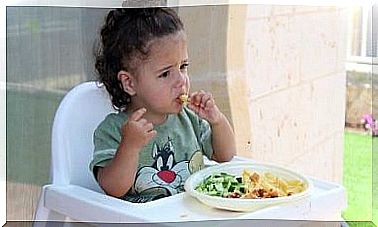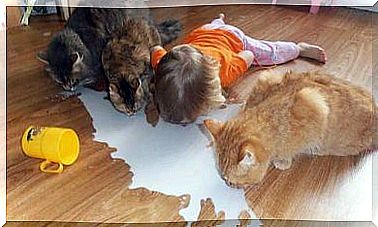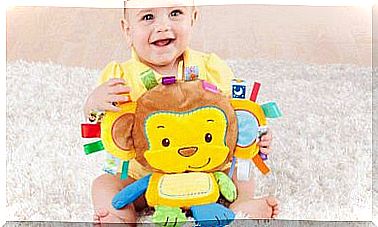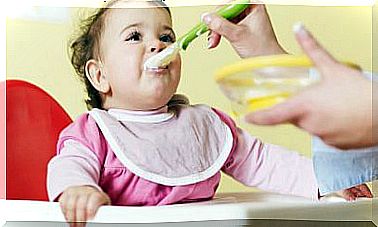5 Formulas To Develop Social Skills In Your Child
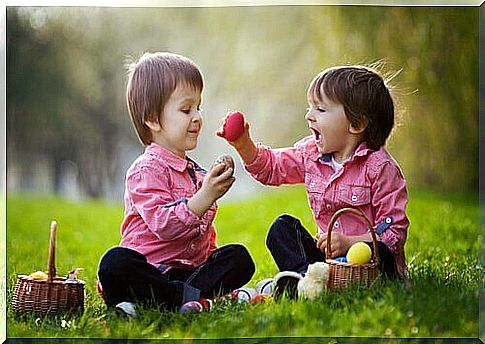
Surely more than once you have heard about social skills and the importance they have for the development of children. You can help your child learn to relate to the world around him. If you keep reading you will find 5 perfect formulas to develop social skills in your child.
Social skills are a set of behaviors that allow us to function in our environment , interacting with others effectively and satisfactorily.
These skills are important because they bring us closer to others. We are social beings , so contact with other people helps us feel we belong to the group, and is essential for the full development of our personality.
Within the educational system, their development is encouraged to avoid possible problems of isolation, disruptive behavior or disorders derived from a lack or poorly learned social skills capacity.
Type of social skills

Social skills are usually divided taking into account the resources that the person requires to carry them out. That is, there are basic and complex social skills . The first are those that require fewer resources and, therefore, are faster and easier to acquire, those that serve as the foundation for the following.
There are many, but we are going to present large blocks:
- Confidence . In this block are self-esteem and self-control. It is important because they will help your child to believe in his own abilities and to be able to manage himself emotionally and behaviorally.
- Communication . In this block are assertiveness, as the ability to defend one’s opinion in a non-aggressive and effective way; the conversation, referring to the ability to listen and answer an interlocutor; and persuasion, as an example of the ability to develop a speech that serves to influence the interlocutor.
- Connection . In this last block is empathy, the ability to understand and manage one’s own emotions and those of the other; and presence, understood as the way we make others feel.
Within each block, and within each type, examples of social skills are given.
5 ways to develop social skills
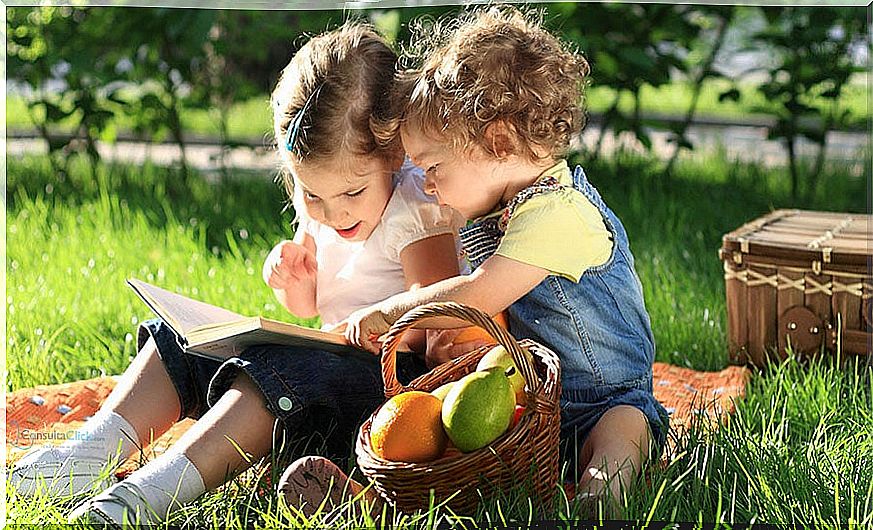
How can you help your child develop his own social skills? Follow these five formulas:
- Teach emotions . Help him name the emotions. Let him see your own emotions in you and make it easy for him to recognize them in himself. The ability to recognize, understand, and manage emotions will help you build your own empathy and learn ways to help others manage their own.
- Encourage social interactions . Children need social environments that help them initiate exchanges between people. Give him the confidence to do it and help him feel safe doing it.
- Recognize achievements . Feeling your support and your pride will make him believe in himself. When instead of an achievement he does something that you do not like, tell him so, so that he understands that it is the act that he has done that you do not like, not him.
- Look for cooperative situations . Encourage them to carry out group activities that help them feel integrated and find a way to solve problems, requiring the contribution of all members.
- Promote your independence . Autonomy is a capacity that must be acquired thanks to you. Feeling that there are activities you can and should do will only help build your self-esteem.
What to avoid …
Above all, avoid overwhelming yourself by thinking about whether or not your child will be on the right track. He is going to seek to relate to his environment in a natural way, so he only requires that you facilitate those interactions and help him when he does not know well what to do.
Overprotecting you is not necessary . In life there are conflicts, problems that are difficult to solve and emotions that are difficult to manage, and you must also manage to face them. Name what he feels and help him find possible solutions.
Please respect it . Your child deserves to be loved for how he is, so appreciating and respecting him will be the keys.

